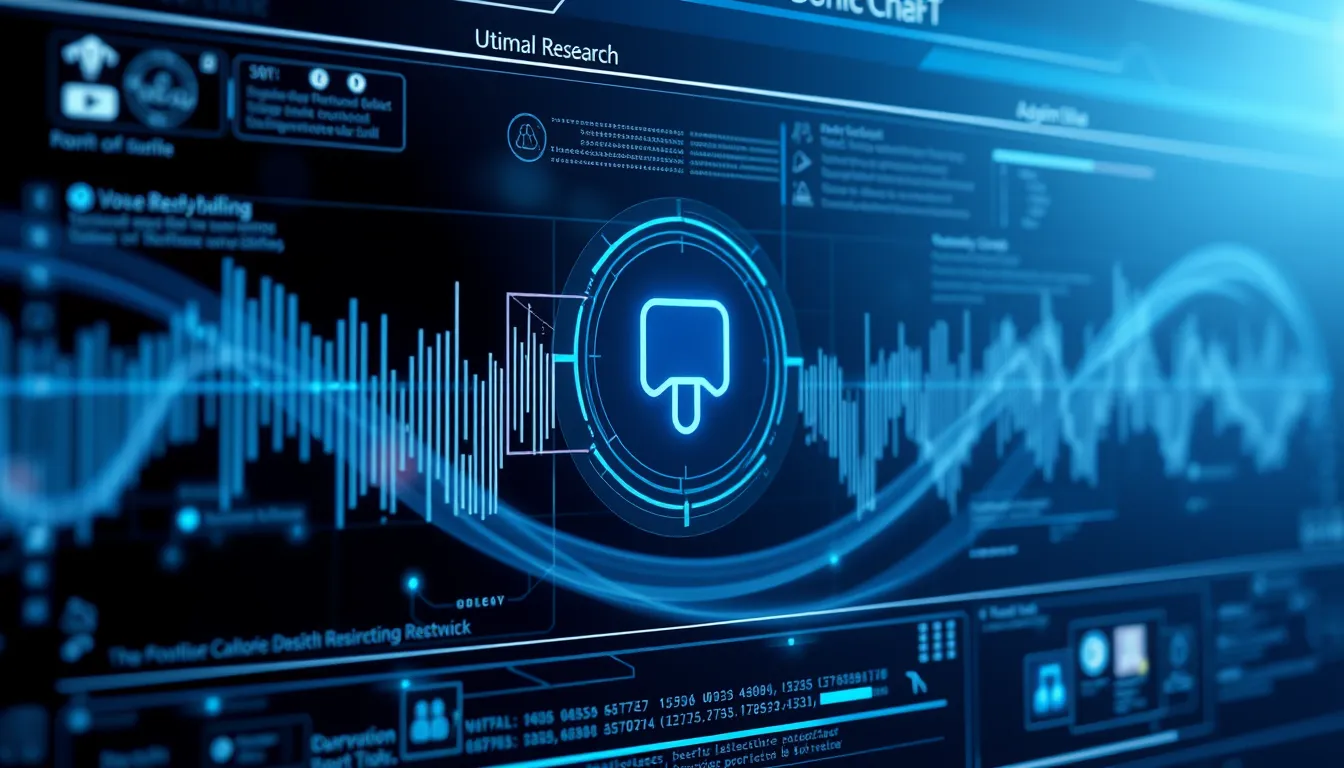Now Reading: Innovative AI in Healthcare Diagnostics Transforming Care
-
01
Innovative AI in Healthcare Diagnostics Transforming Care
Innovative AI in Healthcare Diagnostics Transforming Care

Innovative AI in Healthcare Diagnostics Transforming Care
In recent years, the role of technology in transforming our world has grown exponentially. One of the most significant advancements is the integration of artificial intelligence into various industries, especially in healthcare. At the forefront of this technological evolution is AI in healthcare diagnostics—a field that is not only reshaping the medical landscape but also improving patient outcomes through enhanced diagnostic accuracy.
The Rise of AI in Healthcare Diagnostics
Artificial intelligence is now a key player in the healthcare industry. The use of AI in healthcare diagnostics has unlocked new possibilities in early disease detection and treatment. Advanced algorithms analyze large volumes of data from medical imaging, laboratory results, and patient history to provide more precise and timely diagnoses. This innovation is reducing the room for human error and streamlining the process of medical investigation.
Key benefits of AI in healthcare diagnostics include:
- Enhanced diagnostic accuracy
- Faster processing of complex medical data
- Improved patient care and treatment planning
- Reduction in diagnostic errors
These benefits highlight why medical professionals are increasingly integrating AI tools into their practice. For example, by leveraging AI, radiologists can now detect subtle changes in imaging scans that might have been overlooked with traditional methods.
How AI Improves Diagnostic Accuracy
One of the most promising aspects of using AI in healthcare diagnostics is its ability to improve diagnostic accuracy. Traditional diagnostic methods, which rely heavily on human interpretation, are not infallible. In contrast, AI systems can process and analyze imaging data using deep learning models that continuously learn and evolve. This means that the more data they analyze, the more accurate they become.
For instance, when providing an assessment of complex conditions like cancer or cardiovascular diseases, AI in healthcare diagnostics offers a wealth of benefits by:
- Rapid analysis of extensive datasets
- Identification of patterns not easily visible to human eyes
- Integration of multi-source data for a comprehensive diagnosis
- Continuous improvement through machine learning
Addressing the Challenges of AI in Healthcare
Despite its promising potential, there are challenges associated with AI in healthcare diagnostics. Implementing AI requires substantial investments in technology and training. Moreover, concerns about data privacy and security must be at the forefront when integrating these systems into patient care. However, with proper regulations and continuous improvements in AI algorithms, many of these challenges can be mitigated.
Some challenges include:
- High initial cost and integration complexity
- Data privacy issues
- The need for continuous algorithm updates
AI and Medical Imaging: A Powerful Combination
Medical imaging is one of the areas where AI in healthcare diagnostics has made the most significant impact. AI algorithms are now being used to analyze X-rays, MRIs, and CT scans, offering quick and reliable results. One exemplary tool in this domain is available from organizations like OpenAI, which continuously works on machine learning models to enhance diagnostic accuracy.
Moreover, the integration of AI significantly reduces the waiting time for patients and helps clinicians make informed treatment decisions more rapidly. As hospitals continue to adopt AI-powered medical imaging tools, the overall efficiency in diagnosing conditions improves, thereby saving valuable time and resources.
The Future of AI in Healthcare Diagnostics
Looking ahead, the potential for AI in healthcare diagnostics is immense. Researchers and medical professionals are optimistic about the future developments in this field. Continuous improvements in AI algorithms and the ongoing accumulation of vast amounts of healthcare data will only heighten the precision of medical diagnoses.
Future directions for AI in healthcare diagnostics include:
- Enhanced predictive analytics for disease prediction
- More integrated systems that combine different data sources
- Greater support for remote and telehealth diagnostics
As these developments unfold, it is essential for healthcare providers to remain adaptable and informed about emerging trends in AI technology. Embracing these innovations will lead to more personalized patient care, ultimately transforming healthcare delivery.
Conclusion
AI in healthcare diagnostics stands at the intersection of technology and medicine, offering unprecedented opportunities to improve patient outcomes and streamline medical processes. By improving diagnostic accuracy, reducing human error, and accelerating data processing, AI is paving the way for a more responsive and efficient healthcare system. Although challenges remain, the transformative power of AI in healthcare diagnostics cannot be understated. As this field continues to evolve, both healthcare professionals and patients stand to benefit from more accurate, timely, and personalized medical care.
In summary, the future of healthcare lies in the successful integration of advanced AI diagnostics. With ongoing advancements and a strong commitment to addressing current challenges, AI will continue to revolutionize healthcare diagnostics, ultimately leading to better patient outcomes and enhanced medical practices worldwide.

























